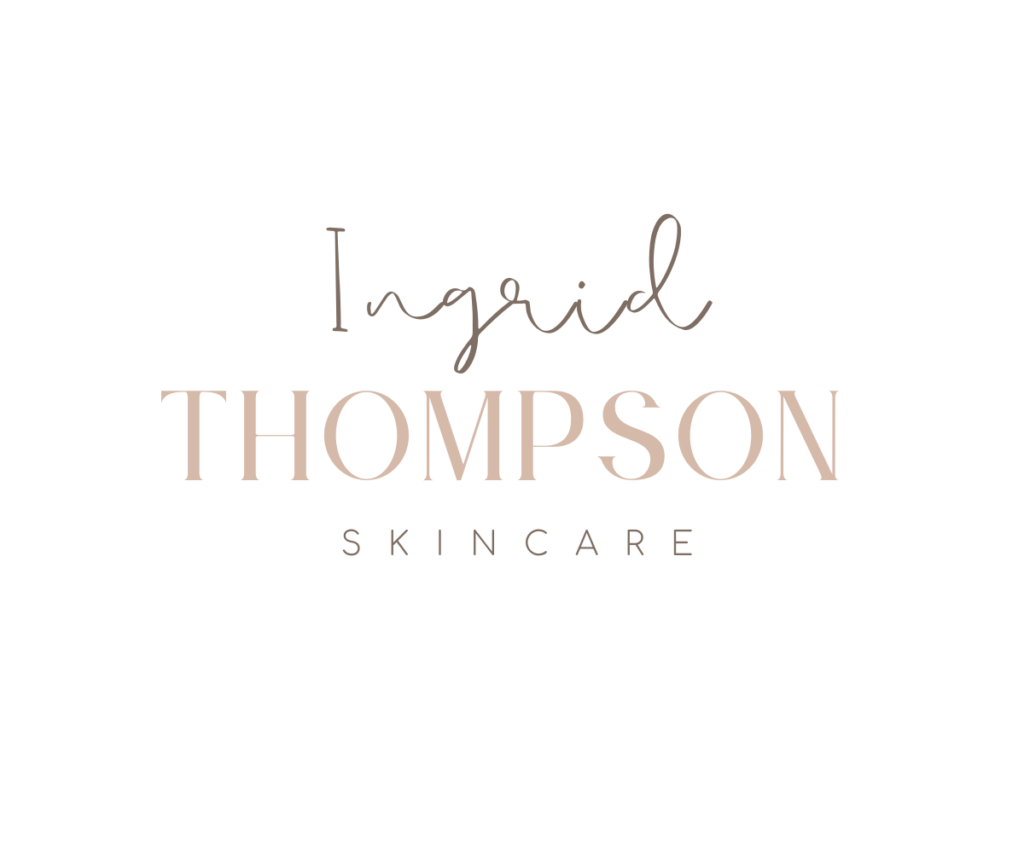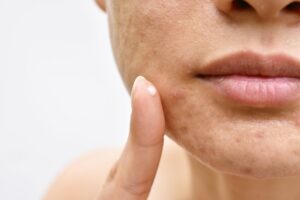Is your chronically skin dry? Winter months are some of the harshest climates for our skin to retain moisture due to the drop in temperature and having our heaters on constantly. Skin can often become drier with age so moisturizing the skin is crucial to protect the strength of your skin’s outer barrier… resulting in slowing the aging process.
How can you ‘weather proof’ your skin and maintain adequate levels of hydration year round?
The very top layer of your skin is lipophilic which means that oils will have a natural affinity with it. Specifically, botanical oils are typically more similar in composition to skin lipids, so they are utilized by the skin through enzymatic decomposition while a synthesized ingredient such as mineral oil is not metabolized in this same way.
When applying botanical oils such as jojoba, avocado or almond seed oil, the oil traps water beneath it and prevents the loss of water through evaporation (called TEWL) thereby making your skin feel softer and smoother. In addition, botanical oils are composed mainly of lipids that condition and nourish, soothe, moisturize, and return elasticity to the skin and hair. Since dry and mature skin produces less oil, applying a facial oil at least once a day will help replace some of your natural lipid loss.
In general, moisturizing agents fall into one of three categories:
• Occlusives – these form a barrier on the outside of the skin, locking in moisture and increasing the overall moisture content. Occlusive agents generally form a barrier over the top of the skin. These ingredients increase moisture levels in skin by providing a physical barrier to epidermal water loss.
Examples include:
• Beeswax
• Avocado oil
• Almond oil
• Emollients – this is a catch-all term for moisturizing ingredients such as oils, lotions and creams. Emollients can also provide some occlusivity and improve the appearance of the skin by smoothing flaky skin cells. Additionally, emollient lipids similar to those naturally found in the skin may also increase the rate of barrier repair.
Examples:
• Jojoba oil
• Squalane
• Emulsions
• Humectants – these are substances that are capable of attracting water and help to conserve the water in the skin. Humectants attract water outward to the stratum corneum from the dermis below and bind that water in the stratum corneum.
Examples:
• Glycerin
• Honey
• Moss Extract
• Hyaluronic acid
How does keeping your skin hydrated provide anti-aging properties? When you have dry skin, your skin cells are being shed too quickly. Rather than being shed individually, their corneocytes come off in clumps that can look like white flakes. This is where a moisturizer can play a key role – as repeated application increases the water content of the skin and normalizes cell turnover. Adding moisture to the skin means that a liquid now fills the gap between the dry skin flakes and the skin rather than just air.
Thanks for reading and I hope I’ve been able to shed some light on how skincare ingredients play a key role in supporting your skin’s health and hydration. For more skin health tips, follow me here, and sign up for my free weekly newsletter!





